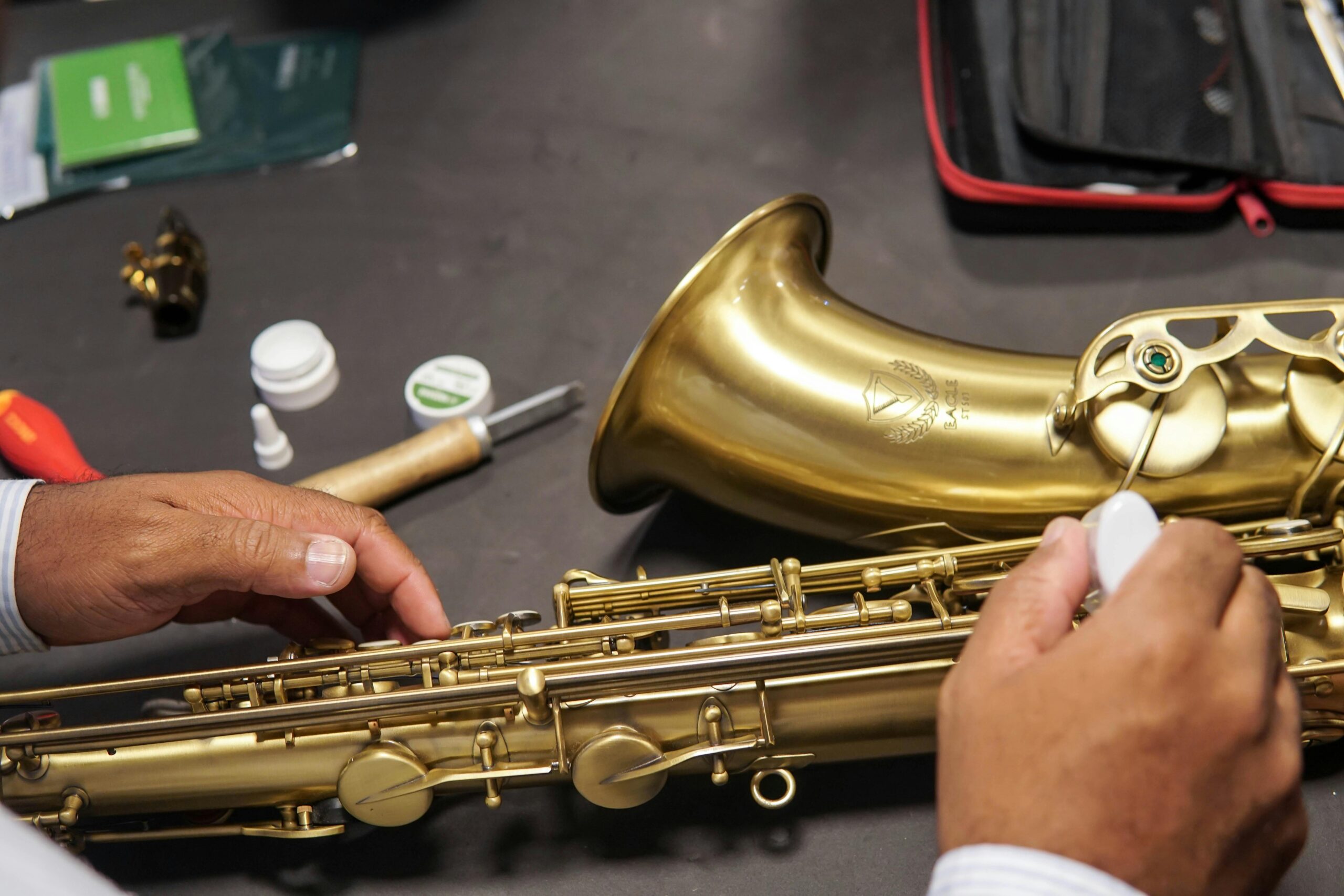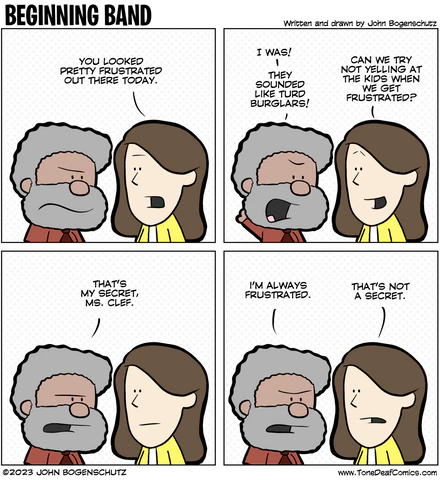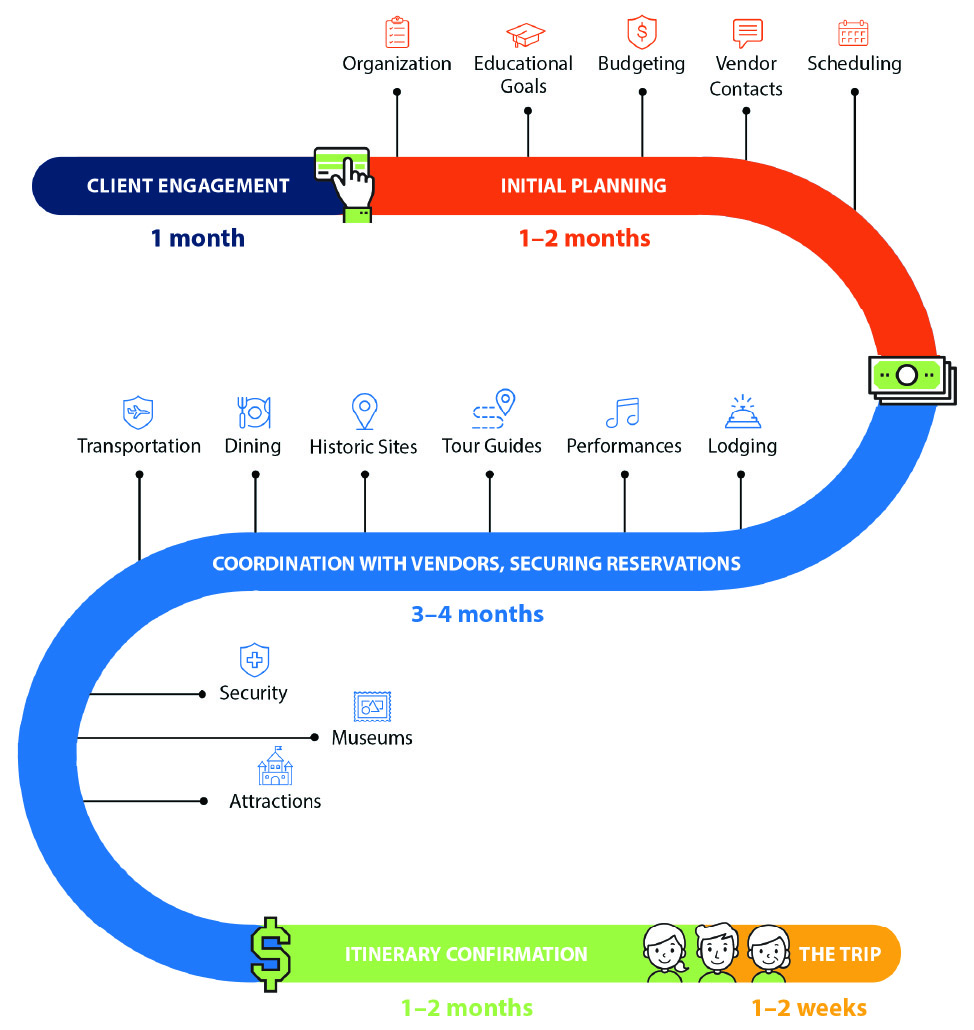 Most teachers realize that most students would rather have their teeth pulled at the dentist rather than sight-read. But having students that can sight-read proficiently will benefit both the success of your individual students and the ensemble as a whole.
Most teachers realize that most students would rather have their teeth pulled at the dentist rather than sight-read. But having students that can sight-read proficiently will benefit both the success of your individual students and the ensemble as a whole.
They will do better in all of their auditions and your ensemble will learn music faster, allowing more time to focus on musicality and expression. Here are some helpful hints to make the process less painful.
1. Have your students set aside the time. Have them spend just 15 minutes every day sight-reading. Fifteen minutes is not a long time and it will go by fast. Having this daily routine will instill discipline in your students and they will get used to the concept of sight-reading once they get into a daily routine. It will not seem so scary to them anymore. They will show daily improvements. The best way to improve sight-reading is by constantly doing it!
2. Make sure your students know their scales like they know their favorite television shows. They should be adept at all twelve major scales, and all twelve minor scales. I often tell my students that every major scale has a sister minor scale. Going down three half steps from the tonic of any major scale gives you a minor scale in the same key. For example, if you start on E Flat Major, and go down three half steps, you have the C Minor Scale, which utilizes the exact same notes in the key of the E Flat Major Scale. This is a fast way to teach your students minor scales. Playing simple scalar exercises when they practice as well as just playing the scales up and down will help them intimately know all of them. They should also memorize the number of flats or sharps for each scale. This will greatly help their sight-reading because they will be able to identify any key immediately. They will also know that every note they are reading in a particular song will fall within the 12-note scale of the key they are in unless there is an accidental. Knowing their scales will at least help them be in the ballpark when reading the notes.
3. Have all your students, even wind players, clap percussion drum rhythms. Percussion music naturally has more rhythmic variations since percussion is based on rhythm. Find some exercises out of a beginner or moderate level percussion book. Having your students clap them individually and within the ensemble will expose them to more rhythms and variations. This will expand their rhythmic vocabulary, so they can be ready for almost any kind of rhythm when it is thrown in front of them during sight-reading. Taking the time to focus only on rhythm with scales and notes not involved is also very healthy for their rhythmic growth.
4. Have your students sight-read varying degrees of difficulty. By having them sight-read very easy music, they will build confidence. The better they can sight-read easy music, they will be more prepared to build to the next level. They should also be challenged with moderately difficult music and also extremely difficult music. The more difficult music will challenge them as well as let them know what level they are at and how much more they need to improve. Have your students also sight-read music in many different keys so they may be prepared for anything. Having them read in the keys with a lot of sharps, which is not typical for band literature, will help them prepare for orchestral music. And string students should also sight-read in the flat keys!
5. Make sure your students do not stop when sight-reading! Have them continue and push through to the end of the song even if they crash and burn. That is why it is called sight-reading. This is not practice time and they need to push through a song all the way to the end. Playing at an extremely slow tempo is not only ok, but I also highly recommend it. This will give them a chance to play every note and rhythm accurately. In an audition, a judge will be more impressed with a song played below tempo with accuracy, rather than with speed.
6. Practice the piano. There is no better way to improve sight-reading than by reading piano and organ music. There are four lines happening at once, with two clefs, and with contrapuntal movement between the lines. If a student can learn to even somewhat sight-read piano music, their linear music with only one line will seem like a walk in the park!
7. Have them sight-read songs they are familiar with and know by ear. Sight-reading songs your students have already heard teaches them to utilize their ear while sight-reading. If your students are able to get a sense as to whether they are playing music correctly just by using their audio senses, this will help immensely.
8. Have your students sight sing as well. Sight singing is a wonderful tool to assist sight-reading because it also focuses on their ear and how the song sounds. This will give them an advantage when they pick up their instruments and play. In time, your students will be able to hear the songs they are playing while they are sight-reading, if they have a consistent sight singing routine. Sight singing, both as individuals and as an ensemble, is strongly recommended. In an ensemble setting, students will be able to learn from their peers with varying degrees of levels of talent within the ensemble.






















